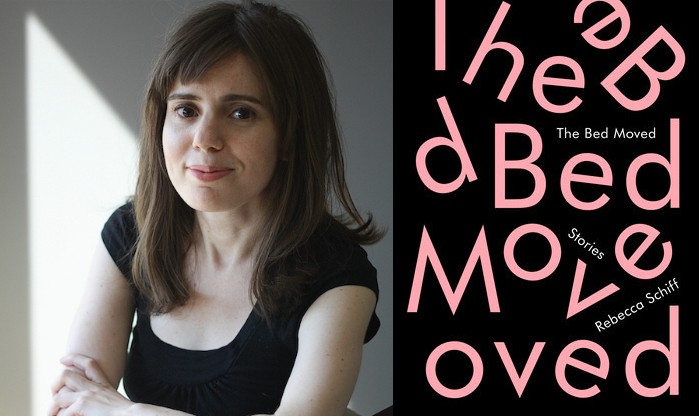Books & Culture
All The Lasting Things Subverts the Way with Which Society Measures Success

David Hopson’s All the Lasting Things opens with a nod to William Faulkner’s classic and ever-present “man-child” character: anti-hero Benji is in his early 30s, lives in a garage, falls back on family to pay rent, drinks excessively, and is incapable of maintaining romantic relationships. Benjy, Faulkner’s original man-child, who appears in The Sound and the Fury, is arguably autistic, while Benji is functional yet comically regressed. The concept of the man-child has since evolved and is now used as a derogatory label for men who are responsible for their prolonged adolescence. Hopson not only alludes to the celebrated author who invented the character, he also plays with and ultimately subverts the trope.
Like the original Faulknerian man-child, Benji needs assistance getting dressed and moving through space. In the fist chapter the childhood sitcom star turned reluctant Shakespearian actor must wear a “great metal suit” for his role as King Hamlet. Benji, however, decides to abandon a show right before curtain call. After having one too many on his lunch break, he begins to resent the relative obscurity of performing “outside a small dinner theater in the Catskills.” The clunky costume, coupled with Benji’s inebriation, impairs him so much that he tumbles down a ravine. This lands him in the hospital, unable to speak due to a severely bitten tongue. While in the hospital his sister Claudia repeatedly accuses him of being a baby, a word used to describe Benjy, who is nearly wordless and must be escorted outside, multiple times in the first chapter of Faulkner’s seminal work.
We’ve recently seen a resurgence and evolution of Faulkner’s man-child in Blockbuster films such as The 40 Year Old Virgin, Failure to Launch, and Step Brothers, to name a few. At first Benji exists as a comedic amplification of this character. The narrative of the man-child in popular culture is fairly predictable. It begins with selfishness, followed by rebuke, a desire for reformation, a saga of growing pains, and finally, the resolution: the reformed man. The reformed man often maintains his quirks but is financially stable, flourishes in romantic relationships, and is affirmed by his family and peers.
Benji follows the beginning of this narrative to a T. During his recovery from his nearly life-threatening escapade, he falls for and commits to Cat, an actress he met on the set of Hamlet. Unlike Benji, Cat has no taste for fame. Despite offers to act in well-known companies, she takes a pro bono job coaching high schoolers in Benji’s hometown of Aluvia, New York. Motivated by love, Benji quits drinking, gets in shape, and helps direct the high school Shakespeare production with Cat. By the end of the book, Benji is on his way to get a masters degree in teaching.
At this point, however, Hopson turns the narrative on its head. Benji relapses, but not into alcoholism or emotional instability; he relapses into his desire for fame. When a seedy man approaches him in a parking lot with an offer to star in a reality show called “The Comeback,” chronicling a fabricated tale in which Benji reclaims his celebrity status, Benji is torn. Despite the claim that “professionally speaking, he had turned a corner. Moved on. He no longer lived to be a joke for hire. He lived, quite literally now, in a different zip code,” he ultimately heeds the advice of the recruiter and abandons Cat with no warning. His only trace is a cryptic note that reads: “C — I don’t belong here. I never did. I love you. — B.”
Benji’s failure is compelling, because it’s not strictly a failure. If the definition of a man-child is a man who is motivated by the fulfillment of short term, selfish desires despite negative long-term repercussions on his relationships, then Benji has failed the test of maturity. Despite the promise of achieving monetary and success and recognition, his actions only confirm his status as a man-child.
Many of Hopson’s characters are similarly driven to destruction by their desire for their work, ideas, and selves to last. The stories of Benji’s sister, mother, father, lover and nephew are interwoven, and zero in on each characters precarious mental state as they fight for recognition and immortality. Ultimately, Hopson subverts the formula with which society measures success, and forces us to question the true value of lasting things.









